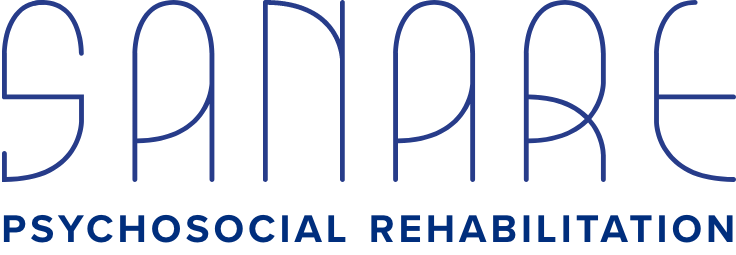
Cognitive Behavioral Therapy
History of Cognitive Behavioral Therapy (CBT)
Back in the 1960s, two influential psychologists, Aaron Beck and Albert Ellis, laid the groundwork for what would later become known as Cognitive Behavioral Therapy. They challenged traditional psychoanalytic approaches by emphasizing the role of thoughts and beliefs in shaping emotions and behaviors.
Beck's cognitive therapy focused on identifying and changing negative thought patterns that contribute to emotional distress. Meanwhile, Ellis developed Rational Emotive Behavior Therapy (REBT), which aimed to help individuals challenge irrational beliefs to alleviate psychological issues.
Over time, CBT evolved into a structured and goal-oriented therapeutic approach that has gained widespread recognition for its effectiveness in treating various mental health conditions. By exploring the connection between thoughts, feelings, and behaviors, CBT empowers individuals to take control of their inner narrative and create positive change in their lives.
What is Cognitive Behavioral Therapy
Cognitive Behavioral Therapy (CBT) is a type of psychotherapy that focuses on the relationship between thoughts, feelings, and behaviors. It helps individuals identify and change negative patterns of thinking and behavior to improve their emotional well-being.
In CBT, therapists work collaboratively with clients to challenge irrational beliefs and replace them with more realistic ones. By addressing cognitive distortions, such as black-and-white thinking or catastrophizing, CBT aims to help individuals develop healthier coping strategies for managing stressors in their lives.
One key aspect of CBT is its structured approach – setting specific goals and using techniques like cognitive restructuring and behavioral experiments to achieve them. This goal-oriented nature makes CBT a practical and effective therapy for various mental health conditions, including anxiety disorders, depression, PTSD, OCD, phobias, and more.
Research supporting Cognitive Behavioral Therapy
Research and evidence for cognitive behavioral therapy have shown its effectiveness in treating a wide range of mental health conditions. Studies have indicated that CBT can be beneficial for individuals struggling with anxiety disorders, depression, PTSD, OCD, and more. Research suggests that CBT helps clients identify negative thought patterns and develop healthier coping strategies to improve their overall well-being.
Numerous clinical trials have demonstrated the positive outcomes of CBT compared to other therapeutic approaches or no treatment at all. The evidence supports the idea that cognitive behavioral therapy is not only effective but also time-limited, making it a practical option for many individuals seeking help for psychological issues.
Furthermore, research has highlighted the long-lasting effects of CBT even after the completion of therapy sessions. This indicates that the skills learned during cognitive behavioral therapy can continue to benefit individuals in managing their symptoms and maintaining mental wellness over time.
Cognitive Behavioral Therapy at Sanare
Cognitive Behavioral Therapy (CBT) can be effectively conducted both in traditional office settings and in real-world environments, each offering unique benefits:
Real-World Contextualization: Conducting CBT in real-world settings allows therapists to observe and address issues as they naturally occur in the client's life. This contextualization helps in identifying triggers, stressors, and behavioral patterns that might not manifest in a clinical setting. For example, addressing social anxiety may be more effective when done in social settings where the anxiety is triggered.
Application of Skills in Real Time: Clients can practice coping strategies and behavioral techniques immediately in the environments where they are needed. This practical application enhances the learning and integration of new skills, making them more likely to be effective in managing real-life situations.
Generalization of Skills: Skills learned in therapy sessions can be more easily generalized to various real-life situations when therapy is conducted in those settings. This means that clients are more likely to apply what they learn across different contexts and scenarios outside the therapist's office.
Enhanced Relevance and Motivation: Addressing issues in real-world settings can make therapy more relevant and meaningful to clients. This relevance can increase motivation to engage in therapy and work on their goals, as they directly see the impact of therapy on their daily lives.
Behavioral Experiments: In real-world settings, therapists can conduct behavioral experiments more authentically. These experiments involve testing out new behaviors or responses to situations to see their outcomes, which can provide valuable insights and feedback for further therapy.
Environmental Cues and Triggers: Real-world settings provide therapists with insights into environmental cues and triggers that affect clients' behaviors and emotions. Understanding these factors allows therapists to tailor interventions more effectively.
Support and Guidance in Real Time: Clients may face challenges or stressful situations outside of therapy sessions. Real-world CBT allows therapists to provide immediate support, guidance, and problem-solving strategies as these issues arise, promoting better coping and resilience.
For more information about Cognitive Behavioral Therapy, please visit the Association for Behavioral and Cognitive Therapies.
